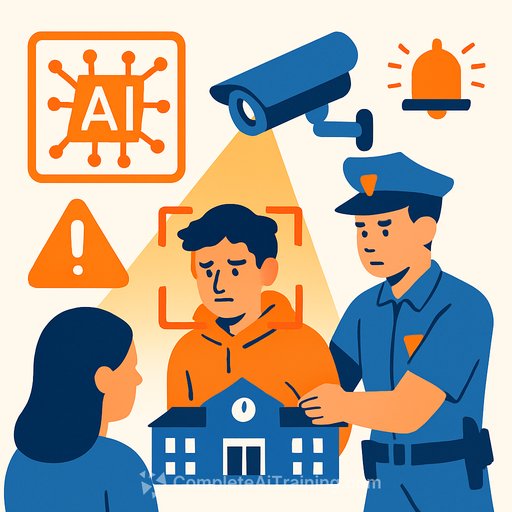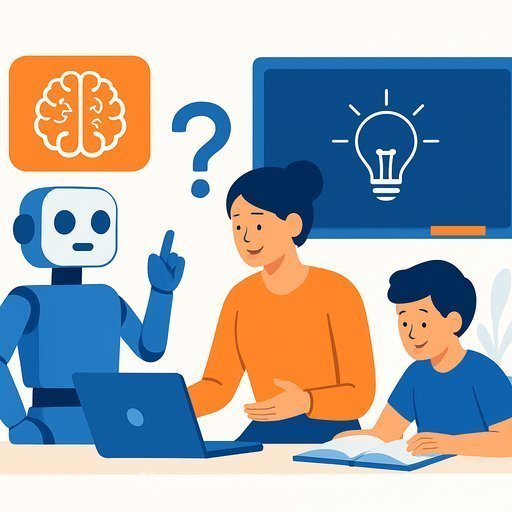False Alarms from AI Surveillance Lead to Severe Consequences for Students
AI surveillance software in schools, intended to protect students, has sometimes resulted in harsh actions over misunderstood online remarks. A recent case in Tennessee highlights the risks of relying solely on automated systems without human context. A 13-year-old girl was arrested after making an offensive joke in a private chat, triggering the school’s monitoring system. This led to her interrogation, strip search, and overnight jail time, despite the lack of genuine threat.
The incident began with classmates teasing the girl about her complexion, which escalated to an ill-advised joke referencing violence. Although the comment was inappropriate, the context showed no real danger. Her mother expressed shock and concern over how AI detected certain keywords without understanding the situation, questioning if this is the environment students are growing up in.
Increasing Surveillance in Schools
Schools across the U.S. are adopting AI-powered software like Gaggle and Lightspeed Alert to monitor students’ online communications. The goal is to identify potential risks such as self-harm, bullying, or violence before they escalate. These tools scan school accounts and devices continuously, sending alerts to administrators and sometimes law enforcement.
Heightened vigilance comes partly as a response to school shootings. States like Tennessee enforce zero-tolerance laws mandating immediate law enforcement notification for any threat of mass violence, no matter how ambiguous.
When Technology and Zero-Tolerance Policies Collide
In the Tennessee case, the software flagged the girl’s message, leading to her arrest and legal consequences including house arrest, psychological evaluation, and placement in an alternative school. The software’s CEO noted the school misapplied the tool, which is meant to prompt early intervention, not criminal charges. He emphasized the need for these moments to be educational rather than punitive.
Private Conversations Under Constant Watch
Many students believe private chats among friends are safe, unaware that AI systems monitor their words. Another example from Florida involved a teenager arrested after Snapchat’s automated system reported a joke about school shootings to the FBI. Similarly, at a Florida arts school, students faced immediate consequences after a surveillance program detected and flagged deleted threatening messages.
These cases reveal a disparity in how online speech is treated for minors versus adults. Teenagers face severe repercussions for remarks that adults might delete without penalty. While companies behind these tools highlight their role in early detection of bullying, mental health issues, and violence, critics warn of the trauma caused by involuntary detentions and harsh school punishments.
Balancing Safety and Student Rights
School districts like Polk County in Florida have reported hundreds of alerts leading to involuntary hospitalizations. Legal experts highlight the long-lasting negative impact these interventions can have on young people’s mental health.
For educators, this raises important questions about how AI surveillance tools are used and the policies governing responses. It’s crucial to strike a balance between protecting students and avoiding unnecessary criminalization or trauma stemming from misinterpreted online content.
- Consider training staff on interpreting AI alerts with context, avoiding knee-jerk law enforcement involvement.
- Engage students and parents in discussions about privacy, digital expression, and the limits of surveillance.
- Explore resources on managing AI tools effectively in education settings, such as the Complete AI Training AI tool databases.
Implementing AI responsibly in schools means ensuring technology supports student well-being without infringing on rights or causing harm. Careful policy design and human judgment remain essential to avoid turning protective systems into sources of fear and injustice.
Your membership also unlocks:






